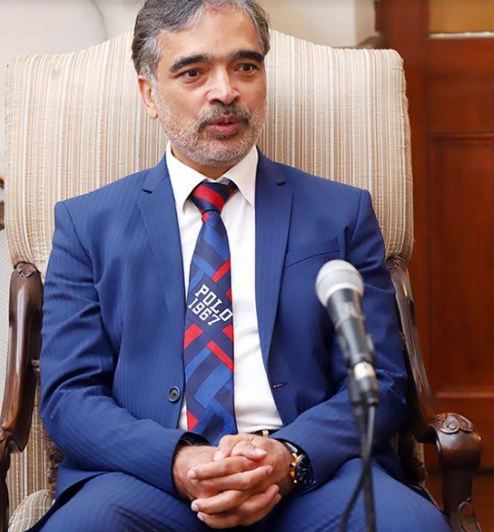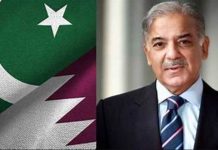DNA
Islamabad: The Pakistan Industrial and Traders Associations Front (PIAF) has pointed out that the GDP growth has stood at one percent in the second quarter of the current fiscal year, as the LSM has registered a negative 0.52 percent growth, leading to drop in overall the GDP growth of the country.
PIAF Chairman Faheemur Rehman Saigol said that the decline in LSM may have been due to a massive slash in the credit to the private sector, as the credit to the private sector during July-Jan 2024 plummeted 41 percent to Rs180.7 billion from Rs393.6 billion for the same period a year before mainly due to high markup rate.
The PIAF chairman said that business friendly policies must be adopted as other neighboring countries of the region are giving to trade and industry. The amount specified in trade policy should be utilised for the promotion of exports by giving incentives to the trade and industry and by exploring new markets, he suggested. He said that the high cost of doing business has proved to be dangerous for Pakistan’s industry, discouraging investment both in capacity and capability, calling for lessening the burden of heavy taxes on the power sector.
Additionally, a continuous decline in remittance indicates that the government may not been able to stem the decline. Remittance declined by 1.2 percent during July-February 2024 to $18.1 billion from $18.3 billion in the same period a year before. Foreign direct investment (FDI) witnessed month-on-month an increase of 15.7 percent of $ 131.2 million in February 2024 as against an outflow of $ 173 million in the last month.
He said that sustainable economic recovery is contingent to the continuation of fiscal consolidation and prudent policy stance, timely and adequate financial inflows to meet gross financing needs and external sector stability.
He said that the agriculture outlook is promising as in Rabi season 2023-24, the wheat sowing has surpassed the target of 8.998 million hectares. However, LSM, the performance of auto sector remained subdued due to massive increases in inputs prices, and tightening auto finance during July-February 2024 in the car production and sale decreased by 40.8 percent and 40.9 percent, while trucks and buses production and sale decreased by 50.6 percent and 48.7 percent, respectively.
Domestic dispatches during this period were 26.059 million tons against 27.207 million tons last year showing a reduction of 4.2 percent while export dispatches showed a healthy increase of 73.10 percent as the volumes increased to 4.496 million tons compared to 2.597 million ton exports of last fiscal year.
He said that the trade and industry has to be kept solvent and protected from default for which prudent measures would have to be taken to help stabilize the local currency, as the country’s total liquid foreign exchange reserves held by the State Bank have been plunging.
He said that constant hike in power tariff on the plea of fuel adjustment has pushed the electricity prices higher and added to the already soaring cost of trade and industry. Seeking the same competitive energy tariffs for domestic industries to capture the global market, he said that due to the high rates of electricity, power theft became rampant as the tariff was not affordable for the consumers.
He urged the power ministry to identify system constraints and communicate targets to all the concerned departments to initiate up-gradation of transmission system on war footing. He called for completing all ongoing power projects well before time. He said production of hydel power has been increased while furnace oil price is constantly declining in the international markets. He said that business-friendly policies must be adopted as other neighboring countries of the region are giving to trade and industry.

















